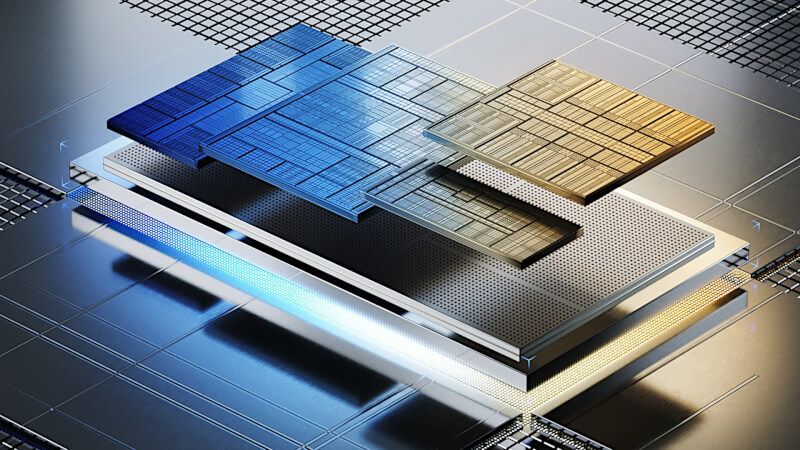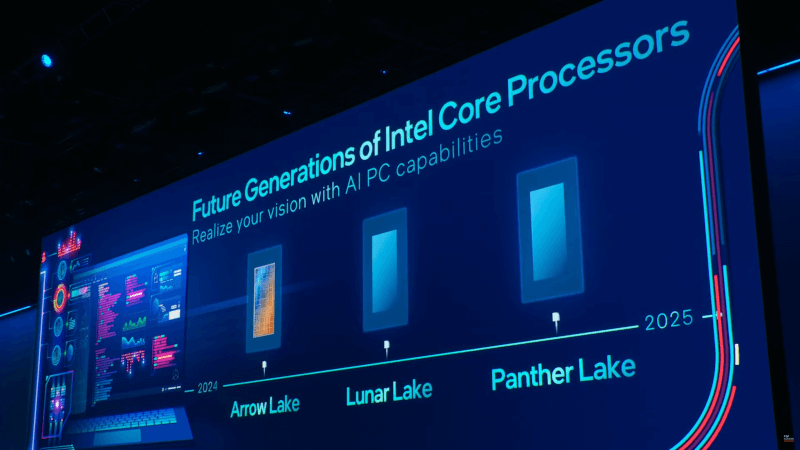Intel's CPU instability worries manufacturers

Intel's 14th and 13th Gen CPUs have caused major problems for gamers using the company's latest chips. The problematic process has been quite long, with Intel initially being completely unaware of what is causing the problem, but now discovering a possible cause.
For now, Intel's Default Setting guidance and the ETVB BIOS fix are the only way buyers can get out of this problem. But this has also forced motherboard manufacturers to reduce the power limits of the affected chips, leading to lower CPU performance levels than previously possible.
It seems that the problem is spreading to the "financial" side of the industry. According to a Korean article on ZDNet, motherboard manufacturers have decided to shut up and talk about the issue while maintaining their anonymity.

Here's what they had to say: "If the stability issue isn't addressed clearly, consumer distrust will rise and sales of "Arrow Lake," a new processor for desktop PCs that Intel plans to release in the fourth quarter, will drop," - via ZDNet Korea
This means two things. First, Intel needs to develop a decisive solution as soon as possible, as the performance limitations affect not only consumers but also motherboard manufacturers as they experience declining sales. Second, AMD may have an opening to fill the gap in the market.
According to the report, AMD is experiencing greater popularity in the retail sector, with a sales share of over 55%, according to Korean price monitor Danawa. When you combine this with the launch of AMD's Ryzen 9000 series desktop processors, AMD could do some serious damage to Intel's presence, not just in regional markets, but globally.
With the performance improvements the Zen 5 architecture brings, Intel's current-gen Raptor Lake, along with the upcoming Arrow Lake release, could be overshadowed, tipping the balance in AMD's favor. Intel's Arrow Lake Desktop CPUs are expected to launch in October, while AMD's Ryzen 9000 Desktop CPUs are expected to launch on July 31.
Latest motherboard
-
26 Sepmotherboard
-
04 Febmotherboard
ASRock X870 Steel Legend WiFi
-
09 Janmotherboard
ASUS ROG Strix X870-I Gaming WiFi
-
02 Decmotherboard
ASRock Phantom Gaming X870E Nova WiFi
-
28 Novmotherboard
ASUS TUF Gaming X870-Plus WiFi
-
28 Novmotherboard
ASRock Z890 Steel Legend WiFi
-
15 Novmotherboard
Gigabyte Z890 Aorus Elite Wifi7
-
11 Novmotherboard
ASRock Z890 Taichi
Most read motherboard
Latest motherboard
-
26 Sepmotherboard
MSI MPG Z890 CARBON WIFI
-
04 Febmotherboard
ASRock X870 Steel Legend WiFi
-
09 Janmotherboard
ASUS ROG Strix X870-I Gaming WiFi
-
02 Decmotherboard
ASRock Phantom Gaming X870E Nova WiFi
-
28 Novmotherboard
ASUS TUF Gaming X870-Plus WiFi
-
28 Novmotherboard
ASRock Z890 Steel Legend WiFi
-
15 Novmotherboard
Gigabyte Z890 Aorus Elite Wifi7
-
11 Novmotherboard
ASRock Z890 Taichi






